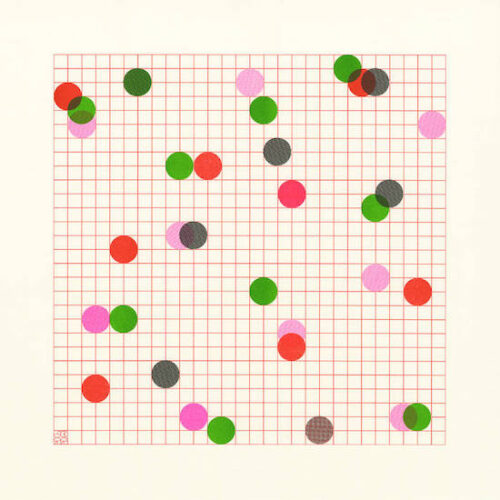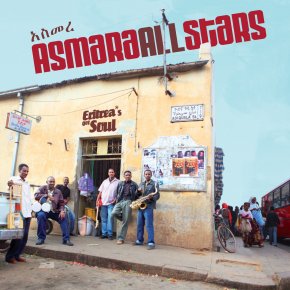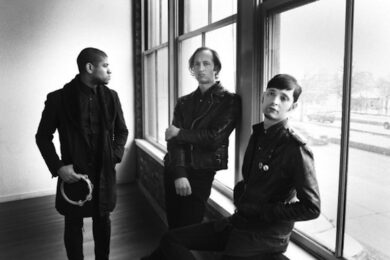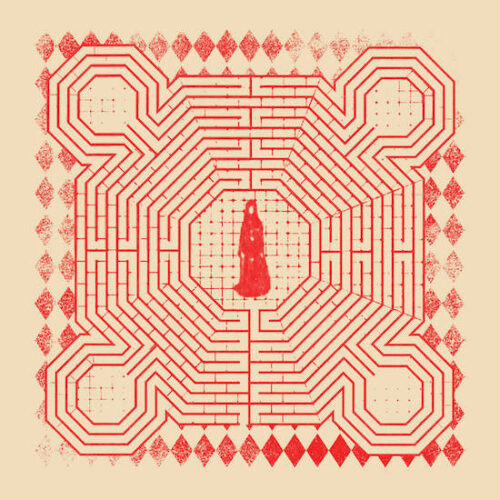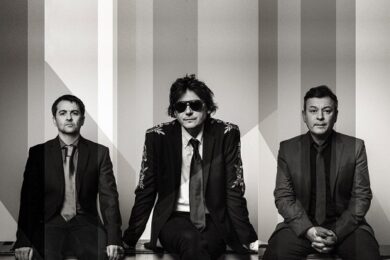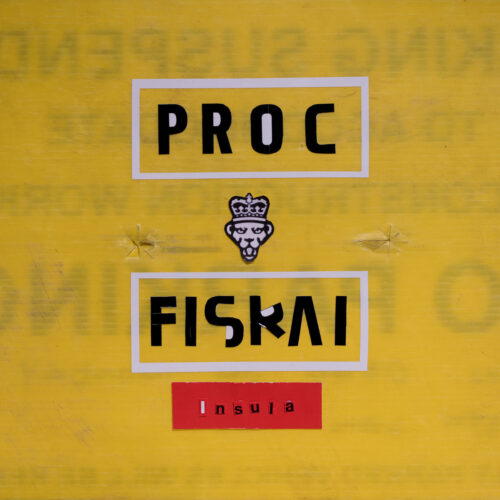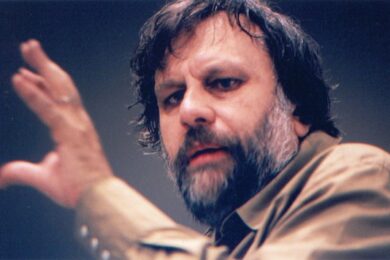2. Farid El AtracheFarid El Atrache
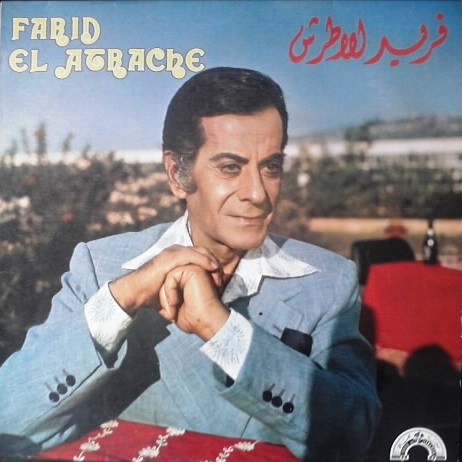
The way you discovered gospel music, that kind of thing doesn’t really happen anymore does it? Finding things by accident is really difficult. Do you think something’s been lost there or is it just different now and that’s the way it is? There are plenty of funnels that are tailored to you as an individual, and that’s incredibly convenient and allows things that are unfamiliar to you to come into your world, but that’s not the same as happening upon things by accident.
I think the idea is happening upon something without any clue as to what context it comes from. That has been the important thing to me. What do they think about this? Is this pop music to them? Is it religious? One very good example for me was I was in Ibiza listening to North African radio stations and this Arabic song came on and I thought: "Fuck, I’ve never heard anything like that." I had a cassette recorder in this little ghetto blaster so I managed to record a little bit of it, but I couldn’t figure out what the name of the artist was or anything, so again I just used to walk into record shops where they sold Arabic records and I would sing this song, but I never found it like that.
Then I was in Egypt about 12 years later and I was in a market, and there was a guy selling loads of cassettes so I sang this song to him, and in the meantime I’d changed all of the lyrics, which were in Arabic, into English. In fact, the lyrics I’ve since found out are "hebeena, hebeena", but I was singing it as "heaviness, heaviness". So I sung this whole song in English to him with this Arabic melody and he was cracking up. He called all his mates over from the other local stalls and was getting me to do it again. So I sang it again and then asked him, "What is this song?" and he said that it was Farid El Atrache. He picked out this cassette and that was the song, I’d finally found it. So to have that experience is almost impossible now.
[Brian can’t find the cassette with ‘Hebeena, Hebeena’ on to play me so instead selects Farid El Atrache]
What I think is so interesting about this Arabic music was the fact that they didn’t do harmony. Farid had a whole orchestra, as did Oum Kalthoum, she had a 60-piece orchestra. But they never harmonised; what they did was use the orchestra as a texture generator. They’d have a melody played by clarinets and then played by the violins and then the organ, the same melody repeating every time with everyone in unison but with a different colour to it, and I thought that was a brilliant idea. The singer lays out the song, and then the instruments just follow it.

